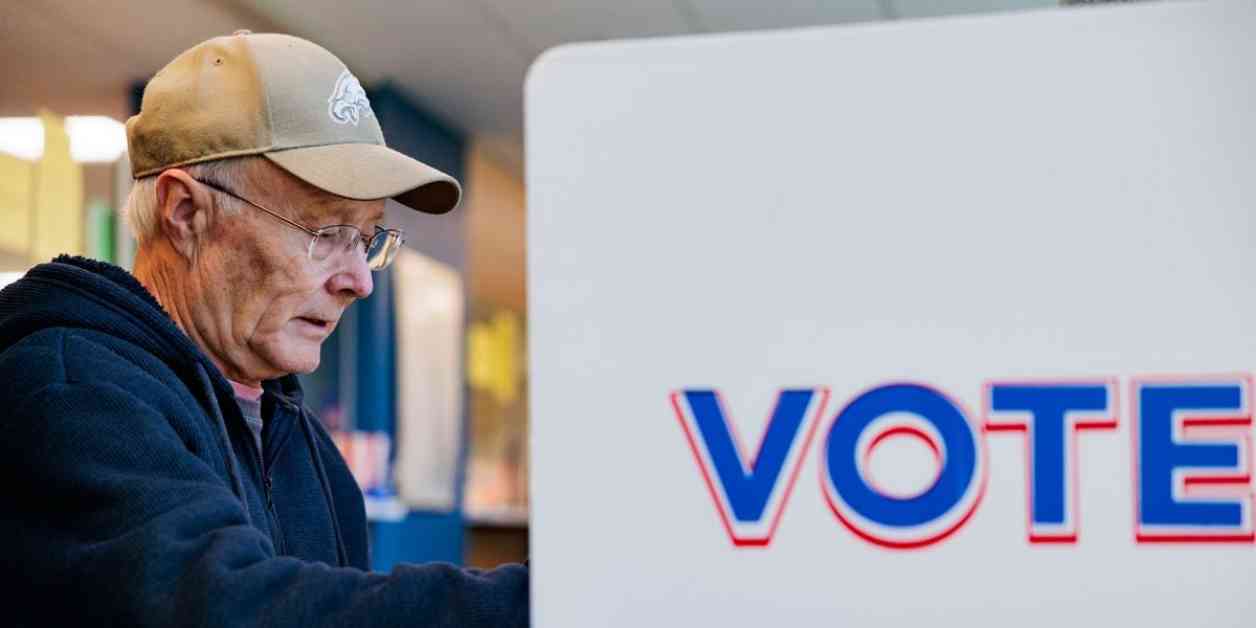The U.S. Commodity Futures Trading Commission (CFTC) has criticized a federal court decision that allowed prediction market platform Kalshi to list and trade election contracts. The CFTC argued that the district court judge overseeing the case “erred” by ignoring definitions under the Commodity Exchange Act and preventing the agency from examining transactions involving gaming.
The judge ruled in favor of Kalshi last month, stating that the CFTC could not prohibit the platform from listing election contracts. Despite the regulator’s appeal for a stay to prevent the launch of the product, the appeals court judges did not see evidence of irrevocable harm and allowed Kalshi to move forward. As a result, Kalshi has listed various events contracts related to the 2024 election, including predictions on the presidential contest and outcomes in different states.
In its filing, the CFTC delved into definitions and criticized Kalshi for listing numerous election betting contracts, such as bets on the presidential election winner, popular vote winner, and margins of victory. The platform also previewed contracts like ‘parlays’ on different election outcomes. Kalshi, a U.S.-regulated prediction market that settles trades in dollars, had to wait to join the 2024 election betting market, dominated by offshore platform Polymarket.
This decision has sparked debate and raised questions about the regulation of prediction markets and the boundaries between trading and gaming. The CFTC’s ongoing legal battle with Kalshi highlights the complexities of overseeing emerging financial products and technologies in the digital age. The outcome of this case could have implications for similar platforms and market participants seeking to offer betting opportunities on future events.
As the debate continues, it is crucial for regulators, market participants, and investors to consider the implications of allowing prediction markets to operate in the U.S. and the potential risks and benefits associated with these platforms. The intersection of finance, technology, and gaming poses challenges for traditional regulatory frameworks, requiring a nuanced approach to ensure market integrity and investor protection while fostering innovation and competition.
In conclusion, the CFTC’s criticism of the federal court decision regarding Kalshi’s election betting market underscores the ongoing debate surrounding prediction markets and the regulatory challenges they present. The outcome of this case will likely shape the future of prediction markets in the U.S. and influence regulatory approaches to emerging financial technologies.


















